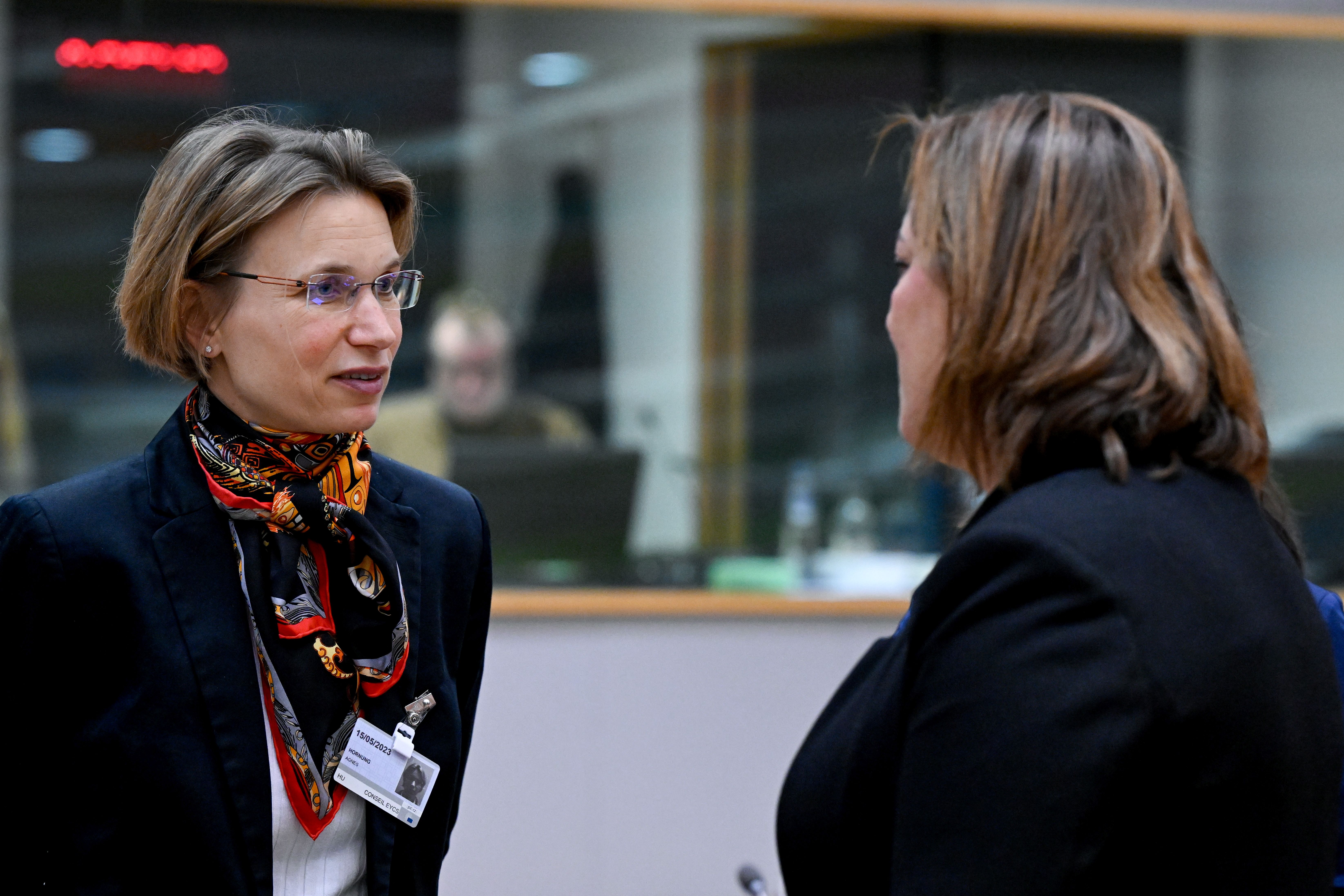The Council adopted conclusions on the social dimension of a sustainable Europe for youth, as well as resolutions on the outcomes of the 9th cycle of the EU Youth Dialogue (EUYD) and the revision of the EU Youth Strategy work plan for 2022-2024.Youth ministers held a meaningful policy debate regarding the social inclusion of young people in Europe with a special focus on young Ukrainians. Ministers argued to bear in mind and address the heterogeneity of ‘young people’ as a group when formulating policies that affect them. They highlighted many of the challenges facing young people today and discussed ways to help them overcome these obstacles, in line with the recommendations emerging from the EU Youth Dialogue, while also stressing the importance of EU programmes such as Erasmus+ and the European Solidarity Corps. They also shared the measures that are already been taken in their countries to support young people, including young Ukrainians who are temporarily displaced.

Sports ministers discussed the need to ensure respect for human rights in the organisation of major international sports events, while stressing the need for good governance in sport and strengthening transparency and respect for human rights throughout the whole lifecycle of the organisation of major international sports events. They underlined the importance of representing core human values: integrity, mutual respect, fight against disrcimination and a sense of community and fair play. Ministers agreed on continuing to fight against corruption, illegal doping, ‘sportswashing’ or violations of human rights. The Council also approved a resolution on the representation of EU Member States in the World Anti-Doping Agency (WADA).
With regard to cultural and audiovisual issues, Ministers adopted conclusions on at-risk and displaced artists. The Swedish presidency presented its progress report on the draft European Media Freedom Act (EMFA) and outlined the state of play of the negotiations on the legislative proposal, as well as the main amendments proposed on the basis of concerns expressed by member states in the work so far. The member states then exchanged views on which parts of the proposal they considered most important for strengthening the media sector and on the remaining key issues that need to be clarified before the proposal can be adopted. The majority of ministers stressed the importance and urgency of the issue and considered that a general approach should be reached during the Swedish presidency.
Number of ministers stressed the importance of the issue and called for a swift adopting of the general approach while it was also agreed that there are still open issues, including the independence of the European Board for Media Services, the protection of journalistic sources, public service media and the rights of media service providers vis-à-vis very large online platforms, which need careful consideration.
Education ministers held a policy debate about the importance of reading, the latter’s significance in equity and active participation in society.
The AoB points on the agenda of the education session included several information points, including the European Authors’ Day, the education reforms in Croatia.

